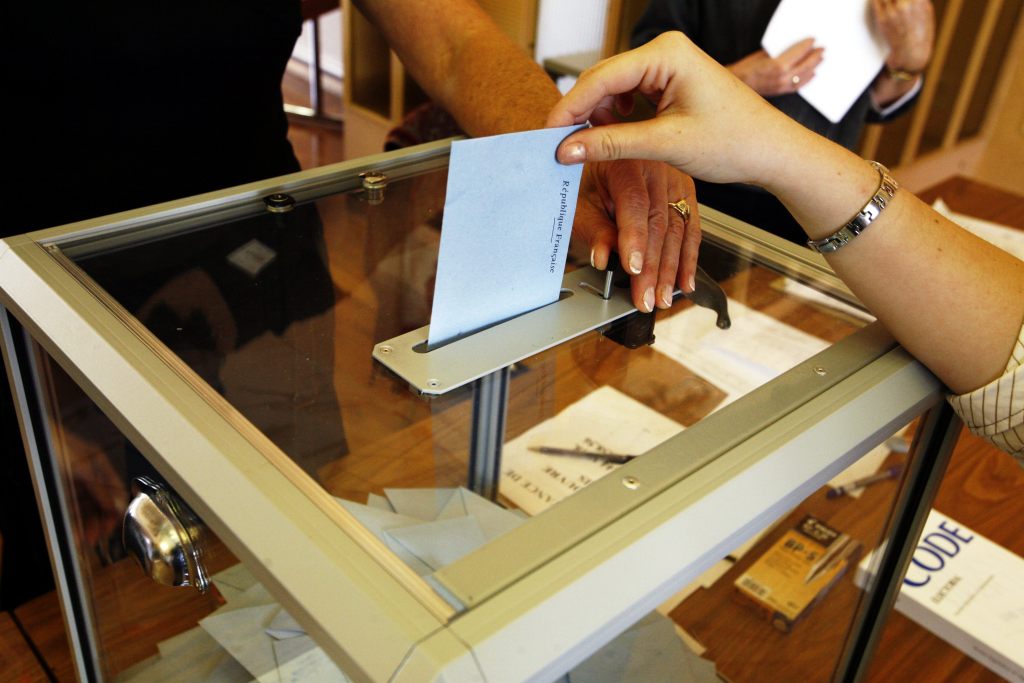Choose Your Own Philosophical Policy Role
In this interactive “choose-your-own-adventure” post, Kian Mintz-Woo (University College Cork) explores the different roles that philosophers might play in supporting the development of public policies. This is based on his recently published article in the Journal of Applied Philosophy.
[§1]
Congratulations! You have been invited to participate in a government policy-recommendation committee in [insert your research area of expertise]. You look around and see some academics (a political scientist, an economist and a [insert relevant] natural scientist), but also some political bureaucrats and some representatives of civil society. You have been jointly tasked on evaluating and recommending a policy option.
‘This is our justice theorist,’ they say in introduction. Or maybe ‘Please welcome our ethicist!’ You’re a little intimidated. You’ve never done something like this before, but you want to contribute in a way that is useful for the group—but also reflects the appropriate role for a philosopher.
When it comes time for you to contribute, do you:
- explain, defend, and apply your substantive normative position and how it applies to this policy question (‘the partisan’): Jump to [§2]; or
- explain what you take to be the relevant societal values and how they bear on this policy question (‘the populist’): Jump to [§3]; or
- act as a ‘conduit for the discipline’ and explain a variety of positions and the arguments that link them to particular policy options, looking for convergence and divergence between different normative positions (‘the convergent evaluator’): Jump to [§4]?
[§2]
‘I’m a normative theorist who has considered this area extensively,’ you begin. ‘The principles and theories of [insert your normative position] are clearly stronger than the alternatives. Indeed, we can tell that those principles are useful as they show that [your preferred policy option] is highly justifiable.’
Some members of the committee, having never heard the policy options discussed in this kind of theoretical way, find that your position sounds quite plausible. Discussion continues, with the following rebuttal occasionally offered to alternative views: ‘But justice demands [your preferred policy option], according to our justice theorist!’
You find yourself squirming slightly, since you realize that [your normative opponent at a more famous university] could also have been invited instead, and, as they have a different normative position, they would have argued for [your dispreferred policy option]. But you content yourself with the thought that, luckily, you are here instead of them. Jump to [§5].
[§3]
‘We have to remember that we are here to consider and recommend public policies,’ you begin. ‘So it behooves us to consider what the public thinks. Luckily, I have a more than passing familiarity with [news opinions, polling data, historical documents, other potential sources of societal value] and I think the deep values of society are [liberal, conservative, egalitarian, xenophobic, utopian, etc.]. That is very helpful because it shows that [society’s preferred policy option] is highly justifiable.’
The committee is intrigued and begins to debate about whether these are society’s real values. One member points out that it would be somewhat more convincing if a social scientist could inform the committee, muttering something under their breath about ‘empirics’ and ‘armchair philosophers’. Another member asks whether society’s values are reflected by what society does or what society says. Yet another asks whether we should really be thinking about what society did or said.
You find yourself squirming slightly, since the questions the committee keeps asking you sound like ones that maybe a social psychologist or a sociologist or a historian would have an easier time answering. Jump to [§5].
[§4]
‘What do philosophers do?’ you begin. ‘Many of you are wondering that, but you might not really know. Well, part of what we do is we try to make arguments or draw valid inferences based on various normative positions. For instance, in this particular policy context, some influential principles and theories are [you introduce some relevant positions]. While there is significant theoretical disagreement, [some policy option] can be justified from very many normative positions and [some other policy option] can be justified from quite a lot of positions. Here is how those justifications work…’
The committee pays close attention, with some members nodding sagely when certain positions are mentioned and a couple interested murmurs as you draw some subtle inferences. Afterwards, the committee discusses which principles they are drawn to and question some of the arguments you present.
You find yourself squirming slightly, since you wonder if your summary of the arguments is idiosyncratic or whether you were fair to the various interlocutors’ positions. But you comfort yourself by thinking that you gave it your best shot and that at least you didn’t give a wild misrepresentation of the debate. Continue to [§5].
[§5]
After much discussion, multiple meetings, and several reports, the committee ultimately decides to recommend [your preferred policy option]. You are surprised but pleased, although you remain unconvinced about whether your particular recommendation made any difference. You finish your committee work with a mix of inspiration and skepticism about the role of policy committees.
But you also can’t help realizing that you can’t wait to go back and try it over again, maybe a little differently.
[The (very slightly) less interactive version of this blogpost can be found at: Mintz-Woo, Kian. Forthcoming. “Explicit Methodologies for Normative Evaluation in Public Policy, as Applied to Carbon Budgets.” Journal of Applied Philosophy. https://doi.org/10.1111/japp.70047 .]
A version of this blog post was cross-posted at New Work in Philosophy website.









